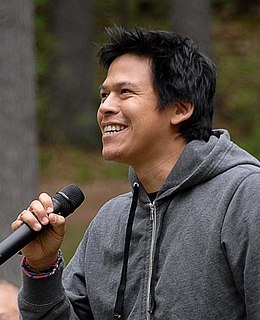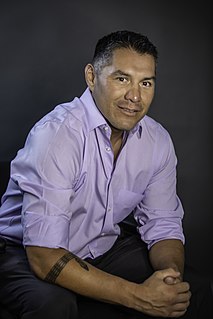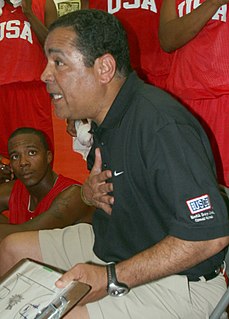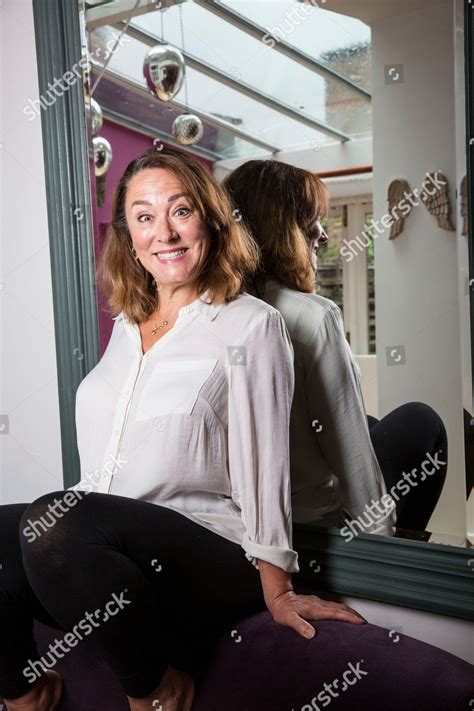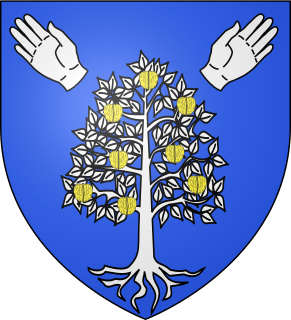A Quote by Chaske Spencer
I remember hearing stories from my mother and father about their parents and grandparents when they were taken off the reservation, taken to the boarding schools, and pretty much taught to be ashamed of who they were as Native Americans. You can feel that impact today.
Related Quotes
I remembered some people who lived across the street from our home as we were being taken away. When I was a teenager, I had many after-dinner conversations with my father about our internment. He told me that after we were taken away, they came to our house and took everything. We were literally stripped clean.
I remember a very nurturing, safe environment: everybody knew who I was, who my parents were, who my grandparents were, what part of Russia we were from originally. That was a really comforting feeling. Non-Mennonites, when they see that aspect of it, think it's a beautiful thing, and it is, but there's so much going on besides.
I was brought up by a Victorian Grandmother. We were taught to work jolly hard. We were taught to prove yourself; we were taught self reliance; we were taught to live within our income. You were taught that cleanliness is next to Godliness. You were taught self respect. You were taught always to give a hand to your neighbour. You were taught tremendous pride in your country. All of these things are Victorian values. They are also perennial values. You don't hear so much about these things these days, but they were good values and they led to tremendous improvements in the standard of living.
I wanted to be an actor ever since I was five. My grandparents - my mom's parents in New York - were stage actors. I think indirectly I wanted to do it because of them. My grandfather would tell me stories about Tennessee Williams and actors he worked with in New York. He had such a respect for acting and such a love for storytelling about that world. I grew up hearing him tell tales of it.They were never encouraging me or discouraging me to take part. They were always feeding me with theater.
